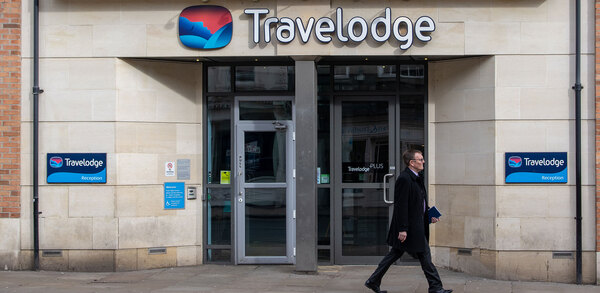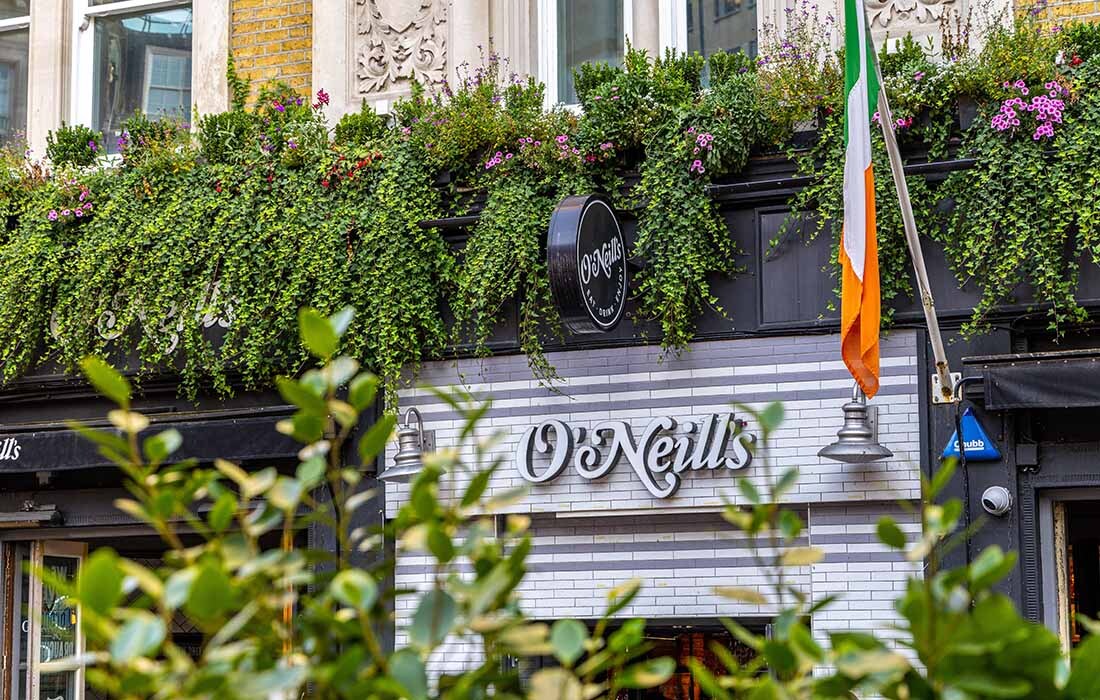How might the high court ruling affect your business interruption claim?
Tuesday's landmark ruling means that insurers should now pay out for business interruption claims that had previously been rejected.
However not all policy wordings will be covered and in some instances insurers will not have to pay out for claims made for Covid-19-related losses, or they will have to pay out for limited claims only.
Insurers may also appeal the ruling, which could delay the payment of claims.
Eight insurers participated in the test case, which saw the Financial Conduct Authority (FCA) represent the interests of the policyholders, many of which were small- to medium-sized businesses. While 21 sample wordings were considered, the FCA estimated that some 700 policies across 60 different insurers affecting some 370,000 policyholders could be impacted by the case.
The FCA divided the policies considered into categories: disease clauses, prevention of access/public authority clauses, hybrid clauses, causation clauses and trends clauses. In relation to each category the court's rulings are as follows.
Disease wordings
These are provisions that provide cover for business interruption in consequence of, following or arising from the occurrence of a notifiable disease within a specified radius of the insured premises.
The policies considered under this category were written by RSA, Argenta, MS Amlin and QBE and the court found that, with two exceptions, they provided cover for losses resulting from:
- interruption or interference with the business
- following/arising from/as a result of
- any notifiable disease/occurrence of a notifiable disease/arising from any human infectious or human contagious disease manifested by any person
- within 25 miles/1 mile/the 'vicinity' of the premises/insured location.
Prevention of access/public authority wordings
These are provisions that provide cover where there has been a prevention or hindrance of access to or use of the premises as a consequence of government or other authority action or restrictions.
The wordings in this category were written by Arch, Ecclesiastical, Hiscox, MS Amlin, RSA and Zurich. The wordings provide cover for loss resulting from:
- Prevention/denial/hindrance of access to the premises
- Due to actions/advice/restrictions of/imposed by order of
- A government/local authority/police/other body
- Due to an emergency likely to endanger life/neighbouring property/incident within a specified area.
The court concluded that, generally speaking, these clauses were to be construed more restrictively than the majority of the disease clauses, albeit their findings provide for cover for some insureds under some wordings.
The FCA’s lawyers at Herbert Smith Freehills commented: “Whether cover is available to an insured under a prevention of access clause will therefore turn very closely upon the precise terms of the policy and the application of the government advice and regulations to the insured’s particular business, such as whether their business was directly mandated to close or was affected by the more general “stay at home” requirements.”
Hybrid wordings
These are provisions that are engaged by restrictions imposed on the premises in relation to a notifiable disease.
These clauses are a blend of a disease wording and prevention of access/public authority wording. The policies in this category were wordings from Hiscox and RSA. Again, there were variations between the wordings, but broadly they provided cover for losses resulting from:
- An interruption to the business
- Due to an inability to use the premises
- Due to restrictions imposed by a public authority
- Following an occurrence of disease
Two action groups – the Hiscox Action Group and the Hospitality Insurance Group Action (HIGA) – were given permission to present arguments in addition to those put forward by the FCA.
HIGA comprehensively won on all grounds in relation to submissions made in respect of the Resilience (Marsh/Jelf) policy wording, which covered three principal heads of cover: disease, enforced closure and prevention of access. HIGA is now considering opening up its group action to include other Resilience policyholders (where policies were written by a multitude of other major insurers on the same wording considered in the test case).
For policy wording QBE1, which included a 25-mile disease clause, the court also ruled that claims should be covered.
However QBE2 and QBE3 were distinguished from QBE1 by the court and consequently HIGA has said it will consider the implications of the judgement in more detail to establish where that leaves these policy holders under these wordings.
HIGA considers that policyholders insured by QBE under the QBE2 NDML Nightclub and Late Night Venue Policy (policy wording number PNML010119) and QBE3 policy wording, in light of the court's judgment, will not be able to establish cover for business interruption losses relating to Covid-19 or governmental responses in relation to it.
Sonia Campbell, head of the insurance disputes practice and partner at Mishcon de Reya, who is representing HIGA and informed this piece along with Herbert Smith Freehills, said that insurers should now do “the right thing” and pay claims under the policies where the court has ruled there is responsive cover.
Campbell has urged business policyholders who believe they have cover to get in touch if they are interested in joining the action group, which is being expanded to include businesses from all sectors where those businesses are insured under the QBE1 Disease wording or the Resilience (Marsh/Jelf) wording.
Policyholders should email: insurance@mishcon.com if they wish to discuss their claim.
Further information on the ruling can be found here
Photo: Shutterstock


















